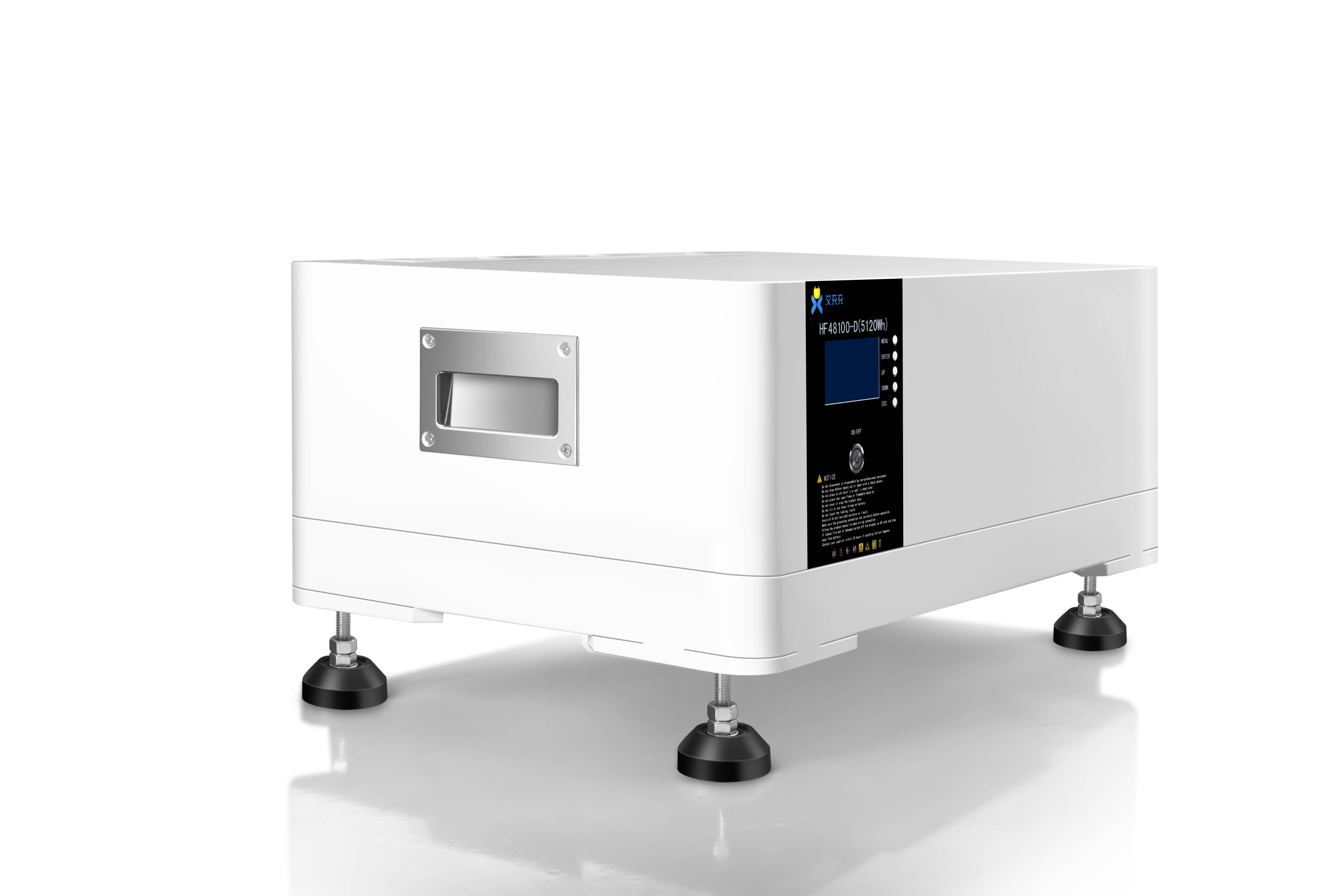
Dec . 01, 2024 11:47 Back to list
Suppliers for Advanced Flywheel Energy Storage Solutions in Sustainable Technologies
Flywheel Energy Storage Suppliers Revolutionizing Energy Efficiency
In the realm of sustainable energy solutions, flywheel energy storage systems (FESS) are emerging as a transformative technology that provides both efficiency and reliability. As demand for renewable energy sources continues to rise, the role of flywheel energy storage suppliers has become increasingly critical in helping businesses and utilities manage energy flow effectively. This article explores the importance of flywheel energy storage systems, the role of suppliers, and the potential future of this innovative technology.
Flywheel energy storage works on the principle of kinetic energy. It consists of a rotating mass, usually made of carbon fiber or other advanced materials, that stores energy in the form of kinetic energy when electric power is supplied. When energy is needed, the rotational energy can be converted back into electricity. FESS offers several advantages, such as rapid charging and discharging capabilities, long operational life, and high efficiency rates, making it a standout choice compared to traditional battery systems.
One of the key benefits of flywheel systems is their capacity for quick response times. They can charge or discharge within seconds, making them particularly useful for balancing supply and demand in grid applications. This characteristic is essential for integrating renewable energy sources like wind and solar into the energy mix, as these sources often have variable outputs. Flywheel systems can effectively smooth out fluctuations, thus enhancing grid stability.
Additionally, flywheel systems are known for their durability, with a lifespan that can extend beyond 20 years with minimal maintenance. Unlike batteries that experience degradation over time, flywheels maintain their performance without significant loss of storage capacity. This longevity reduces the overall lifecycle costs, making FESS a financially attractive option in the long term.
flywheel energy storage suppliers

As the demand for energy storage solutions grows, the number of flywheel energy storage suppliers is also increasing. Key players in this market are working to innovate and improve their technologies, focusing on enhancing energy density, efficiency, and reducing costs. Companies like Beacon Power, Active Power, and Wärtsilä are leading the charge, developing groundbreaking flywheel systems for various applications in telecommunications, uninterruptible power supplies (UPS), and renewable energy integration.
Collaboration is also a notable trend among suppliers. By partnering with research institutions and renewable energy companies, flywheel manufacturers can leverage expertise and resources to accelerate development and deployment. These alliances enhance innovation and facilitate the widespread adoption of flywheel systems in various sectors, including transportation, industrial applications, and commercial buildings.
The future of flywheel energy storage looks promising as technology continues to evolve. Suppliers are investing in research and development to create more efficient, cost-effective systems. Furthermore, as governments around the world emphasize the need for reliable and sustainable energy solutions, the market for flywheel energy storage is expected to grow significantly.
In conclusion, flywheel energy storage suppliers are vital in shaping the future of energy management and sustainability. Their ability to provide rapid response, long-lasting solutions presents an exciting avenue for enhancing energy efficiency and integrating renewable sources. As innovation continues and market demand rises, flywheel systems are poised to play a central role in the transition to a cleaner, more resilient energy landscape. The ongoing collaboration among stakeholders will further catalyze this transformation, ensuring that flywheel technology remains at the forefront of energy storage solutions for years to come.
-
Advanced AI Energy Management with GPT-4 Turbo
NewsAug.02,2025
-
AI-Powered EMS with GPT-4-Turbo | Efficiency Boost
NewsAug.01,2025
-
Optimized Storage System for GPT-4-Turbo | High Performance
NewsJul.31,2025
-
AI Energy Management System w/ GPT-4 Turbo Efficiency
NewsJul.31,2025
-
High-Performance Energy Storage System for Reliable Power Solutions
NewsJul.30,2025
-
Advanced EMS Solutions for Energy Management System & Storage Battery Companies
NewsJul.29,2025























